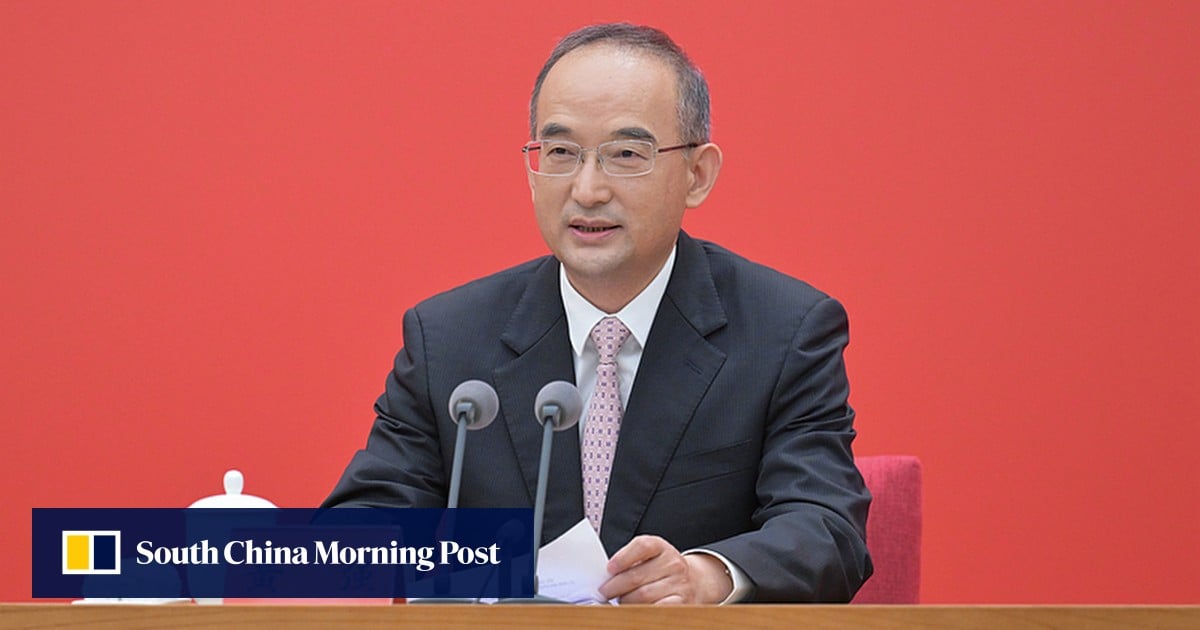The officials are expected to bring expertise in areas such as rocket science, nuclear power and environmental protection.
Huang belongs to a group of rising political stars with backgrounds in science and engineering.
Born in the eastern Zhejiang province, he is a senior engineer with a doctorate in management science and engineering from Northwestern Polytechnical University.
Huang’s career took off at Aviation Industry Corporation of China, where he held several technical and managerial positions. In 2008, Huang became the deputy director of the State Administration of Science, Technology and Industry for National Defence.
He is well known as a warplane designer, particularly for his work on the navigation and fire control systems of the Xian JH-7, a two-seater fighter-bomber nicknamed the “Flying Leopard”.
In 2014, Huang was promoted to deputy governor of Gansu province before taking up the same position in Henan province four years later, assuming responsibility for economic development and administrative efficiency. Over the past four years, Huang has served as the deputy party secretary of Sichuan.
Liang has a doctorate in economics from the Central Party School and worked there for many years in administrative and research roles before going to Gansu province for two years from 2016 to head the propaganda and organisation departments.
In 2017, Liang returned to Beijing, taking on responsibilities for party building, united front work and propaganda for various central leading groups. From 2022 to 2024, Liang worked as the party secretary of Ningxia.
Li, originally from Yunnan, has served in key positions across three provinces: Yunnan, Guizhou and Xinjiang.







